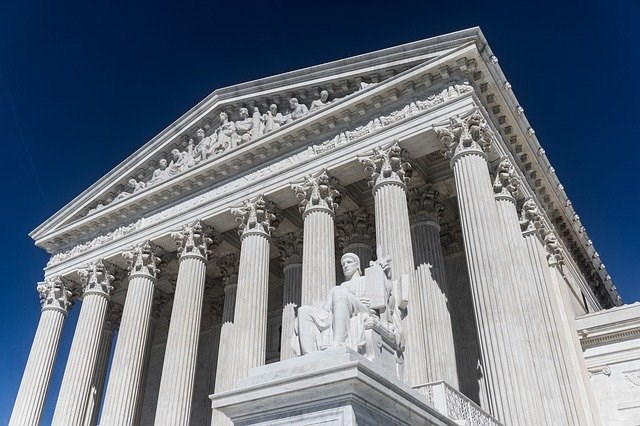Editor's note: This story was originally published by Colorado News Connection.
***
DENVER -- Advocates for people with disabilities are keeping a close eye on the U.S. Supreme Court as it considers a case calling for the elimination of the Affordable Care Act or ACA.
If the court strikes down the health law, 20 million Americans, including at least 600,000 Coloradans, are projected to lose coverage.
Julie Reiskin, executive director for the Colorado Cross-Disability Coalition believes everyone should have access to affordable health care, but said people with disabilities are the canaries in the coal mine of the health industry.
"A health-care system that works for us will work for everyone," Reiskin asserted. "Because we have long-term care needs, we often have complicated medication regimens. But when it doesn't work, it kills us first."
Some 19 disability-rights organizations filed an amicus brief highlighting the ACA's critical health-care protections.
The law protects people with pre-existing conditions from being denied coverage, and guarantees coverage of services for mental and developmental disabilities.
When Colorado expanded Medicaid under the ACA, the state also allowed people with disabilities to buy into Medicaid coverage, a move Reiskin said has made it possible for many to escape poverty.
If the law is struck down, Reiskin worries Coloradans would lose supports not covered by most private insurers, such as decent wheelchairs or help to shower in the morning, which make it possible to be independent and contribute fully to society.
"People might not be able to get the care they need to get out of bed," Reiskin worried. "We'd lose those liberties that other people take for granted. Now, even with the Medicaid buy-in, we still have a huge gap in employment and income, a lot of disparities, but at least we have a chance."
The Supreme Court heard oral arguments last month in a case brought by Texas and other states claiming the entire Affordable Care Act should be thrown out because Congress rendered a section of the law unconstitutional when it removed a penalty for people who did not buy health insurance.
A decision is expected from the high court in the spring.


.jpg;w=120;h=80;mode=crop)
